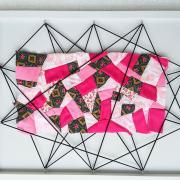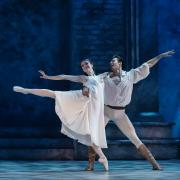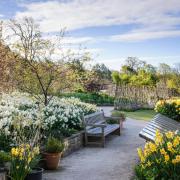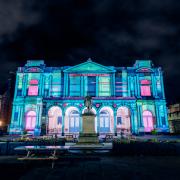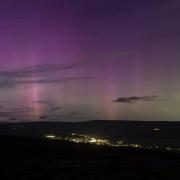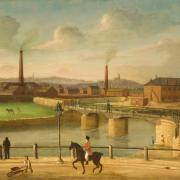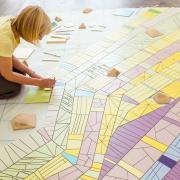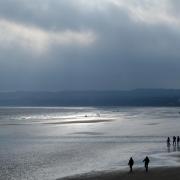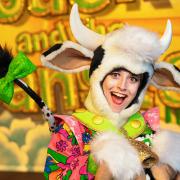York Festival of Ideas is set to get the historic city buzzing with fun, inspiring events, as Andrew Vine reports
York Festival of Ideas has become one of Yorkshire’s outstanding cultural highlights. This year’s festival, spanning 10 days from June 12th to 22nd and featuring more than 130 events, promises to be the best yet.
It’s a festival that brings together diverse organisations from the city and beyond to form partnerships with the University of York in the pursuit of entertainment, education and inspiration.
And there are some star names lined up for what are likely to be sell-out events. Michael Morpurgo, the former Children’s Laureate and author of War Horse, the best-selling book that became a hit stage show and film, will be talking about his work.
So will actor, broadcaster and author Charlie Higson, perhaps best-known for his contribution to the television comedy The Fast Show, and poets Ian McMillan, Simon Armitage and Blake Morrison.
The theme of the festival is Order and Chaos, chosen partly because of this year’s commemorations of the centenary of the start of the First World War, and partly because there is so much uncertainty in our modern world, according to festival director Joan Concannon.
Joan, who is the university’s director of external relations, said: ‘We felt Order and Chaos enabled us to explore some really big issues. It’s the 100th anniversary of the beginning of the First World War, and it’s generally acknowledged that the pre-war hierarchical social order was completely turned on its head.
‘What we want to get over is that order and chaos are not necessarily good or bad things. Something quite orderly can have unforeseen consequences. There’s also the notion of order and chaos in the scientific world and how chaos activity can actually lead to greater understanding.
‘It’s around social order and really big shifts in the global economy, and for the second year we’ve got an absolutely mammoth focus day about global economic issues. We’re working with the Joseph Rowntree Foundation to explore those issues around chaos and shock to international financial systems, and we’re looking at banking in terms of economic growth.
‘We’re also looking at how you grow the sustainability of cities in order to create not just the volume of jobs required, but to create better and more jobs.’
There are many more themes to explore over the course of the 10 days, among them York’s history in the Anglo Saxon era before the Vikings left their stamp on the city, health, storytelling, architecture and art. There are sessions on the science surrounding sport – and even on how to make the perfect cream tea.
It’s a wide-ranging programme that takes in venues across the city. The university is at the festival’s heart, but events also take place at the National Railway Museum, York Minster and the National Centre for Early Music amongst others.
The festival has gone from strength to strength since being launched in 2011. Last year’s reached about 50,000 people and had 200,000 unique hits on its website, along with more than a million social media hits.
According to Joan, the festival acknowledges the central role that the university plays in York’s life: ‘I was very, very keen on thinking about the strengths of the university and how different disciplines interact with each other.
‘For me, a festival of ideas acknowledges a broad spectrum and highlights the importance of research and what that means for our everyday lives. We felt that was a good fit for a university that is very much at the heart of the city.’
For many in the audience, the festival gives them the chance to think about really big issues facing the world and debate them with expert academics who deliver public lectures.
Joan said: ‘We’re very rigorous in the kind of briefing we give speakers. The audience reaction is very interesting. We get speakers saying: ‘Wow, you get a really fantastically engaged audience’, but the speakers are given a very tight briefing so they understand precisely what’s of interest to the general public even if they don’t necessarily have any specialist knowledge.
‘I would argue that how we feed people or how businesses can get credit, matter to people on a daily basis and we shouldn’t perceive that the general public don’t have views on these things.
‘Each session that we run always has a big chunk of time devoted to interaction with the audience, so they feel they’ve had a proper chance to debate the issues and feel they’ve learned something.’
And a central principle of York Festival of Ideas is that learning about the big issues of the day is enjoyable.
‘We don’t want to be po-faced about this,’ said Joan. ‘People come to festivals because they want to be stimulated and entertained. The founding ethos is to educate, entertain and inspire.’
For details of the full programme and how to book tickets, go to yorkfestivalofideas.com.




